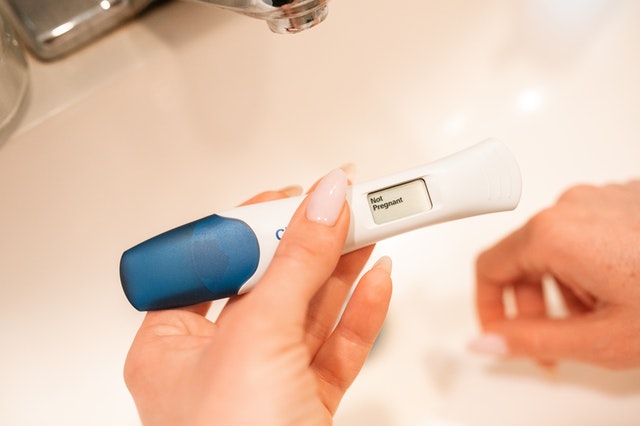Having difficulty conceiving may have you feeling stressed, depressed and at a loss for words to describe how you are feeling. If this sounds like you then you need to know that there is help available for those who are in this situation. Many couples around the world are having difficulty conceiving and by learning about some of the basic methods of ensuring a healthy pregnancy you can reduce your stress and help to ensure your happiness for becoming pregnant.
According to the Fertility Society, a very high proportion of couples are having difficulty conceiving. It has been suggested that one in three couples experience problems with conceiving and that the cause could be either psychological or physical. The research also indicated that emotional stress, alcohol consumption and smoking were all to blame for a small proportion of cases. However the most significant finding was that a majority of couples that had trouble conceived were not receiving fertility treatment. This suggested that the underlying cause was not being treated correctly or that they were having inadequate levels of communication with their doctor.
Dr Peter Barr, director of communications and public affairs at the British Fertility Society, said that couples who were having trouble conceiving needed to discuss their problem with their doctor. He suggested that the first step was to start with a thorough medical check up to establish whether your hormone levels were within the recommended range. Following this you should be advised on ways that you can improve your chances of conceiving and you should receive advice on how to plan your family. You may also be advised to take a fertility test so as to see whether you are likely to conceive within the next twelve months. If you did conceive, it is important to monitor the pregnancy to make sure that it grew in size.
If you were told that a woman’s chances of getting pregnant would be improved if she took anovulation tablets then you should do this. The pills will help to regulate your hormones and increase your chances of conception. Your fertility doctor may also suggest that you increase the amount of intercourse that you have each week. However, Dr says that there is no need to rush into having children because if you were to stop taking the pill, then you would not be able to conceive again within the next twelve months.
The male partner’s sperm count has a bearing on whether or not a couple will be able to conceive. Dr says that there are many reasons why the semen quality of men and women differ and that some of these were unknown. If your partner had a low sperm count then it was probably because he was older or he may have been smoking. Smoking is known to reduce the quality of sperm and there are known risks when using tobacco.
If you are not able to conceive after six months of unprotected intercourse then you should talk to your doctor about other options. One of them is donor insemination where the egg of the male partner is used to artificially inseminate the female partner. This process is known to be successful but there are known risks to the mother and to the baby. donor insemination is not recommended for couples who seek help due to their inability to conceive naturally. donor insemination is best for those who seek help because they have a low chance of conception without help from a fertility clinic.
For those couples who are not trying to conceive through natural means, it is important to know that there is a high chance that your partner will develop secondary infertility. Secondary infertility is not caused by an underlying medical condition and can happen to anyone regardless of age. The primary cause is usually age. Women older than 40 are more likely to develop secondary infertility and this includes those who are not trying to conceive through natural means and those who are already pregnant.
If you are trying to get pregnant and are worried about your low sperm count, abnormal ovulation patterns or dysfunctional reproductive health, it is important to take care of your reproductive health. You must start planning for a pregnancy as early as possible. Early planning can increase your chances of getting pregnant and help you avoid unwanted stress. It can also help you improve your fertility.







